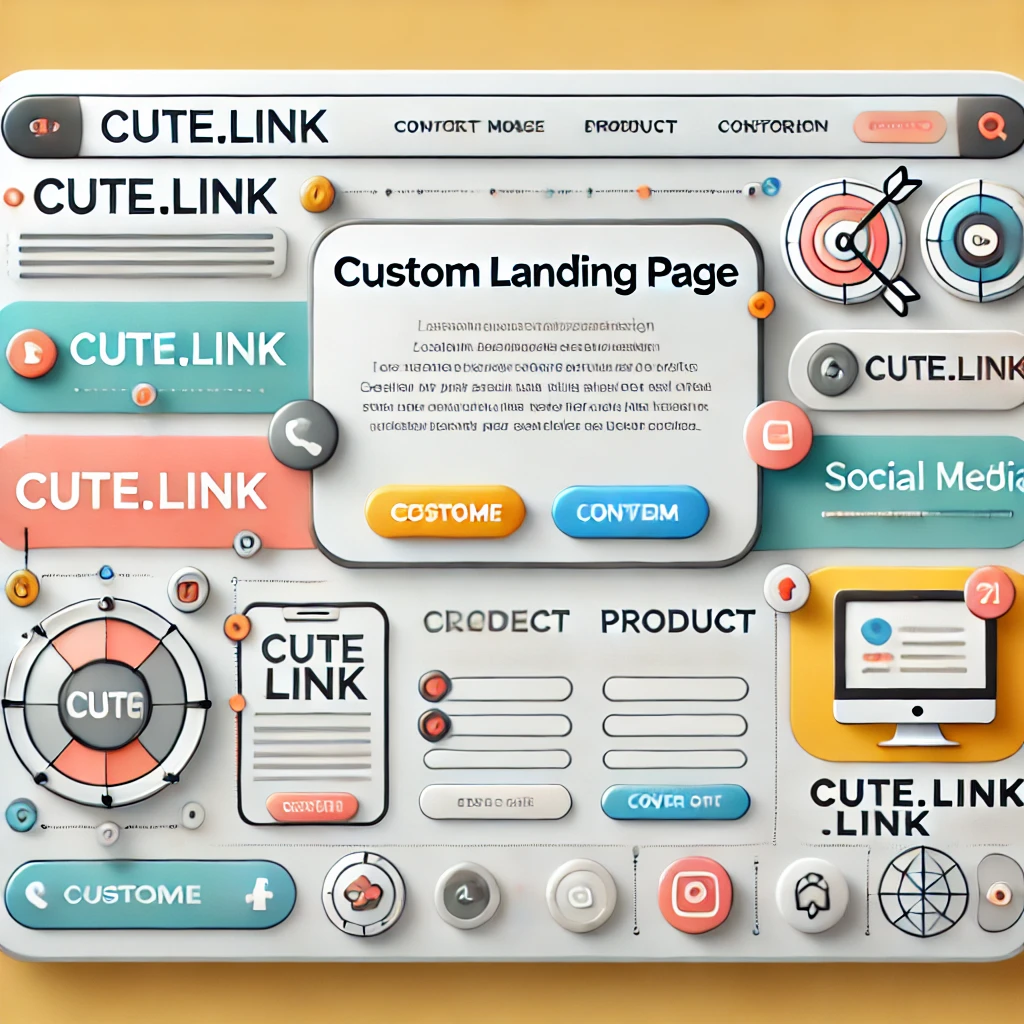
In a world dominated by digital marketing, link management is crucial for businesses aiming to optimize their online presence. With the rise of e-commerce, social media marketing, and content distribution, managing how users interact with links is more important than ever. Dynamic link management goes beyond traditional static links, enabling businesses to track, adapt, and personalize their links in real-time. This process not only helps drive traffic but also provides detailed insights into user behavior, allowing businesses to refine their strategies.
What Is Dynamic Link Management?
Dynamic link management refers to creating and controlling links that can be edited and customized even after they’ve been distributed. These links are not just shortened URLs; they are equipped with analytics capabilities and adaptable based on the user’s environment, such as their device type, location, or even past interactions. Unlike static links that remain the same forever, dynamic links allow marketers to tweak the destination or content without changing the link itself, creating a more flexible and responsive system for engaging with users.
Key Features of Dynamic Link Management
- Real-Time Analytics: One of the most compelling reasons for adopting dynamic links is the detailed real-time analytics they provide. Marketers can track key metrics such as click-through rates, bounce rates, user demographics, and geographic locations, all from a single dashboard.
- Editable Links: Dynamic links can be updated after distribution, meaning businesses can change the destination page or the content they want users to access, offering great flexibility in responding to changing circumstances.
- Targeted Redirection: Depending on user behavior, such as device type (desktop or mobile), location, or referral source, dynamic links can send users to different versions of a webpage, maximizing engagement and user experience.
Benefits for Businesses
Dynamic link management offers numerous advantages for businesses of all sizes:
- Personalized User Experience: By adapting to the user’s context, dynamic links provide a tailored experience, driving higher engagement and better conversion rates.
- Optimized Campaigns: Real-time analytics allow marketers to monitor the success of their campaigns instantly and make necessary adjustments on the fly.
- Cost-Effective Marketing: By refining campaigns and optimizing user engagement through dynamic link strategies, businesses can significantly reduce wasted ad spend, focusing resources on what works.
How to Implement Dynamic Link Strategies
Implementing dynamic link management starts with choosing the right tool. Cute.link offer easy-to-use, customizable solutions for dynamic link creation and management. Begin by setting clear goals for your campaigns—whether it’s driving traffic, increasing conversions, or tracking performance. Once you’ve created your dynamic links, regularly monitor their performance and adjust your strategies based on the data provided.
Best Practices for Dynamic Link Management
- Keep It Simple: Although dynamic links offer customization, ensure your URLs remain easy to understand and share.
- Optimize for Mobile: With the majority of users accessing content via mobile devices, ensure your dynamic links are optimized for mobile experiences.
- Regularly Monitor Performance: Use analytics to track the success of your links and adjust your campaigns as necessary. The beauty of dynamic links is their adaptability, so take advantage of this flexibility.
Dynamic link management represents the next frontier in digital marketing, offering businesses the flexibility to adapt their strategies in real-time, based on detailed user data. By implementing dynamic links, businesses can improve user engagement, drive more traffic, and ultimately increase conversions. After register Cute.link, getting started with dynamic link management has never been easier.
.png)

